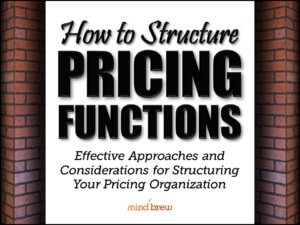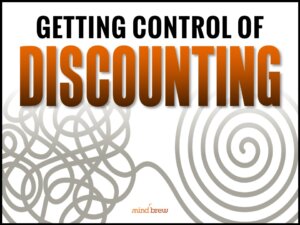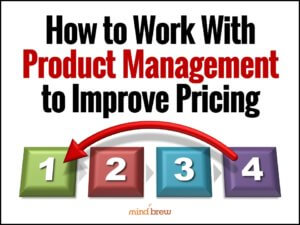If you’ve been paying attention, you know that we love to talk about the wrong ways to do things. Not just because it’s entertaining, but also because we really believe that avoiding major mistakes is more than half the battle.
Well, sometimes the examples just fall into our laps…
At the end of last year, we got a call from one of our suppliers. The stated purpose of the call was to see if we’d like to buy more for the next year. Now, we had no immediate needs, but we assumed that the sales rep was trying to close some more business before year-end, and we thought it might be worthwhile (in terms of discounts) to hear him out.
However, the discussion went sideways in a big hurry…
After we expressed our willingness to purchase greater volumes next year and confirmed that we could indeed commit to those greater volumes before the current year was out, we were informed that our price would be going up!
Wait a minute…hold on…did we hear that correctly?
We’re agreeing to double our volume next year. And, we’re agreeing to pay for that additional volume…volume we won’t need for more than six months…before the end of this year. Yet, we’re going to be charged more for the privilege?
What gives? Why would we pay more for twice the volume? In advance, no less?
Survival Strategies for Raising Prices
At this point, you’d think we’d hear a sound rationale, based on the additional value we’d be receiving. Or maybe we’d hear about how competitive even the higher price levels would be, relative to the alternatives. Or maybe the sales rep would at least attempt to convince us that we had been receiving some kind of “introductory” pricing that was simply no longer in effect.
But noooooooo….instead, we got to hear how the supplier’s CFO was on a tear about customers who weren’t paying list price. It didn’t matter that their list prices were phony and uncompetitive, this CFO thought the delta he was seeing in his reports represented real money…and he wanted it.
That’s it. That’s all. We should pay more because the CFO says so. Amazing.
It’s hard to decide who deserves more blame—the sales rep who made an unnecessary call and couldn’t even begin to justify and sell the price increase, or the CFO who forced a price increase based on little more than an uninformed opinion.
Did anyone benefit from this poorly-executed price increase? Absolutely! Our new supplier, who was more than happy to give us the deal we expected.














